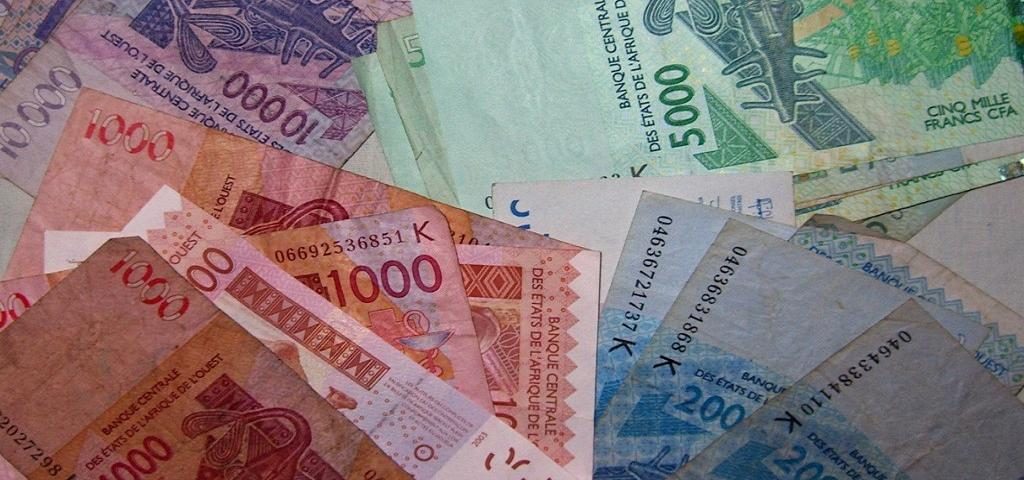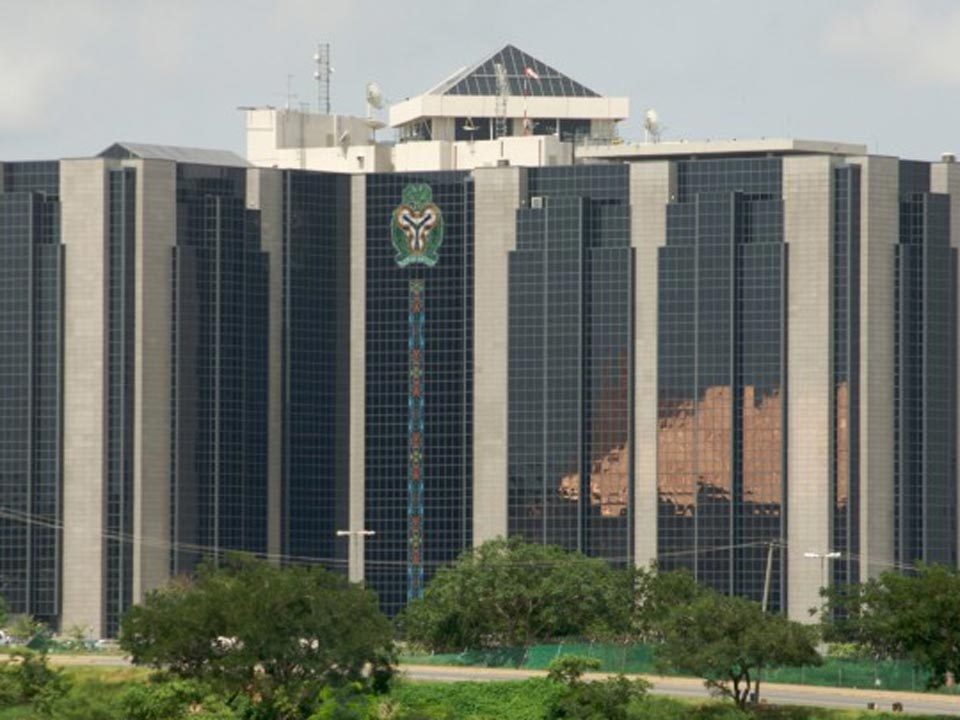Africa Update: South Africa’s Treasury turmoil sends rand to one-year low

Africa Update: South Africa’s Eskom not insolvent but facing cashflow trouble
November 14, 2017
World Update: Global factoring volume hits €2.37 trillion
November 15, 2017South Africa’s rand tumbled more than one percent and the risk premium on government bonds soared on Monday over news of a top Treasury official resignation, financial woes at the sole power utility and political jostling in the ruling party.
A report by a presidential commission that government raise spending on higher education saw muted response from markets, with traders saying it was short on detail.
The rand, which weakened after the presidency said it would release the commission’s findings at midday, was little changed after it was published.
It slipped to a one-year low on Friday amid reports President Jacob Zuma was preparing to introduce free higher education, which would put added pressure on public finances.
At 1120 GMT the rand was at 14.5200 per dollar having tumbled as much as 1.1 percent to session-worst 14.5425, its weakest level since Nov. 18 2016.
Government bond due 2026 also weakened. Yields on the paper climbed 14.5 basis points to 9.495 percent, its highest level since May 2016.
South African 5-year credit default swaps, a measure of the cost of insuring the country’s debt, hit a four-month high, stoked by reports of power firm Eskom’s financial troubles.
Eskom said it was not insolvent but was facing serious liquidity issues.
Treasury confirmed Michael Sachs’ resignation, saying he wanted to join the civil service in a different capacity.
Fin24 said Sachs resigned over interference by Zuma at the Treasury.
“The rumour that a senior treasury official has resigned is obviously the main reason the rand moved lower,” said chief dealer at Bidvest Bank Kumeran Govender.
“But they’re also reports that ANC Secretary-General Gwede Mantashe is under pressure and that hasn’t helped either.”
Local news reported that Mantashe was facing calls to quit by some members of the party. The ANC denied the claims.
On bonds, Govender added that fund managers, particularly from primary dealers, were offloading debt ahead of a government bond auction on Tuesday where Treasury will increase issuance.
Senior currency dealer at Standard Bank Oliver Alwar said investors were jittery over the rumours of Sachs resignation and increased government spending on higher education ahead of visits to South Africa next week by ratings agencies.
“It’s looking more and more likely that we will be downgraded,” Alwar said.
Stocks firmed, with the Top 40 index up 0.52 percent to 53,706 points, and the wider All-Share index 0.42 percent firmer at 60,027 points.

